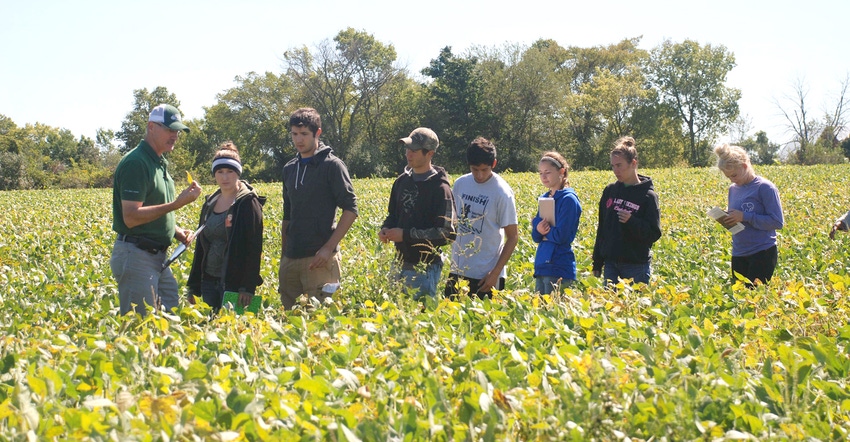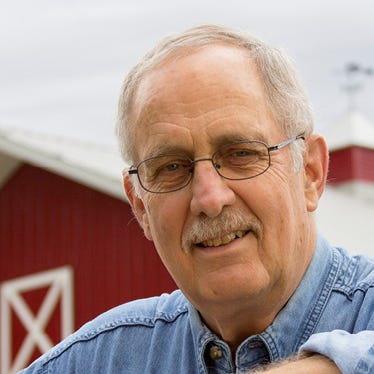February 25, 2017

Over the past few years, a shortage of vocational agriculture teachers has developed, both in Indiana and around the nation. Indiana’s only ag education training program at Purdue University simply can’t turn out enough students to meet the demand.
While Huntington University’s agricultural studies program is only in its second year, it’s stepping up to do its part to address that void. Ag education classes are slated to officially begin in the fall of 2017.
“We recognized that there’s a crying need for someone to help fill that niche to prepare ag teachers,” says Raymond Porter, director of the Haupert Institute for Agricultural Studies. “We know that we can’t fill it by any means, but we can certainly help.”
Huntington University, located in Huntington, received the green light to move forward with its ag ed program from the State Board of Education in late November, and the program won’t officially begin until this fall. But unofficially, it’s already off and running.
“We have a strong education department here on campus, so some of our ag students were already telling me that they were ‘ag ed majors’ even before we received state approval,” says Porter, laughing. “But now that it’s official, they’re really excited and chomping at the bit to get going.”
Excitement builds
To help these future ag educators build some of the essential hands-on skills needed to be a vo-ag teacher, Huntington will partner with a local learning center and Ivy Tech for subjects like welding, construction and maintenance, and ag machinery operation and safety.
Porter says he’s also seen good interest from incoming agriculture applicants, where nearly 25% have expressed an interest in majoring in ag education. He adds that the decision to add an ag ed program has been enthusiastically received in the community and across the state.
“Whenever I speak at FFA events or talk with ag advisers, there’s a lot of interest and excitement about it, both from prospective students and advisers,” he says.
Boone writes from Wabash.
About the Author(s)
You May Also Like






